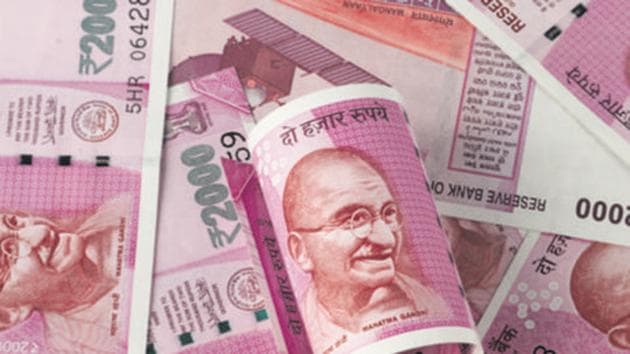New FCRA rules: Small NGOs will be hit hard
On the issue of human rights, Amnesty’s standing is far higher than that of the Government of India
In recent days, the government has once again come down hard on NGOs. The accounts of Amnesty International, the renowned human rights NGO, were frozen and amendments were made to the restrictive, it might even be said obstructive, Foreign Contribution Regulation Act (FCRA). The blow to Amnesty has been so severe that it has shut shop in India. The FCRA amendments could well deal a death blow to thousands of small grassroots NGOs. There were no consultations with any NGOs before the amendments were introduced in Parliament. Needless to say, the committee stage in Parliament was bypassed altogether.

The official reason for these latest amendments is that they will ensure foreign money is not used against national interests or for anti-national activities. Anti-national in the government’s vocabulary seems to mean any criticism of it, so it’s not surprising that the government froze Amnesty’s accounts. The decision was probably prompted by the report it published on the February Delhi riots, contradicting the police’s one-sided account of a conspiracy. But surely, it would have been better for India, and for Indians, if the Amnesty report had been studied to deepen an understanding of what happened. The government would then be in a stronger position to prevent riots taking place again. It could have avoided the damage to India’s international reputation that closing Amnesty’s accounts has inflicted.
If, as I suspect, human rights NGOs are the main target of the FCRA amendments, why should the government also threaten the existence of small grassroots NGOs working on the ground? This blow comes just after the prime minister praised these NGOs for their role in combating Covid-19. It comes at a time when states need all the help that they can get to fulfil their duties of caring for those affected by the pandemic. One possible explanation for this is that the amendments were drafted in such a hurry and without any consultations that their consequences for smaller NGOs were not thought through. On the other hand, these consequences could be the result of the innate hostility all Indian governments I’ve known have had towards NGOs.
What is the damage that small NGOs will suffer? Many will not be able to access foreign funds because the scheme under which they receive these funds from donor agencies and larger NGOs, known as “regranting”, has been banned. The amount NGOs can spend on administration has been cut from 50% to 20%. This will mean many smaller NGOs will not be able to employ enough staff to remain stable or hire experts and implement strategies they require to grow. If they are to receive foreign funds, NGOs will have to open an account with a Delhi branch of the State Bank of India. The difficulties of dealing with a bank which may be many thousand kilometres away is only one of many bureaucratic obstacles that the new amendments will create for NGOs.
NGOs fill the gaps left by the inadequacies of the government, provide last-mile connectivity for the delivery of government schemes, promote handicrafts, research and innovate, encourage participation in development, teach awareness of the wider issues involved in target-based schemes such as beti bachao, beti padhao or the Swachh Bharat mission.
But, for all this, politicians who refuse to declare where their party funds come from, or how they are spent, are tightening their stranglehold on the funds of NGOs and thereby undermining institutions which do so much for so many Indians.
The views expressed are personal



